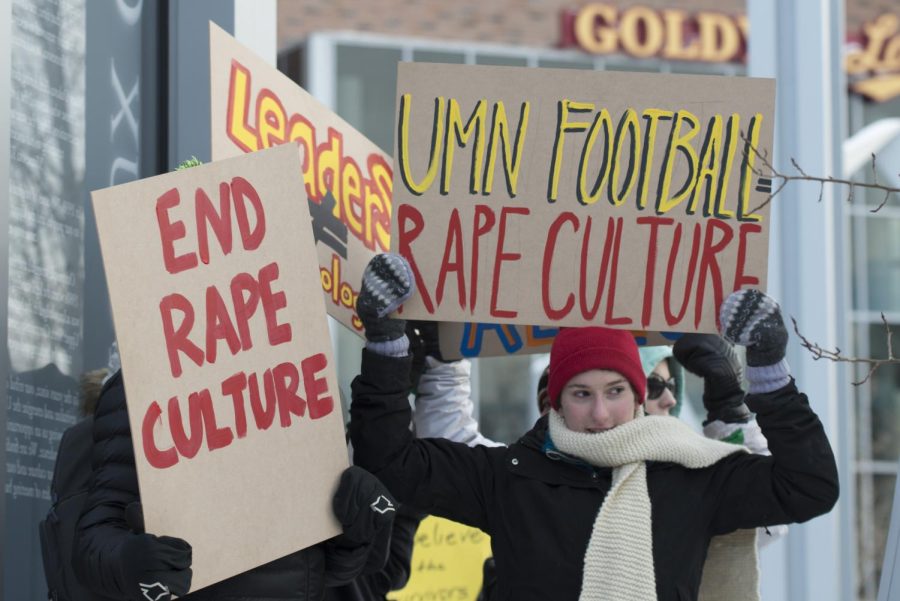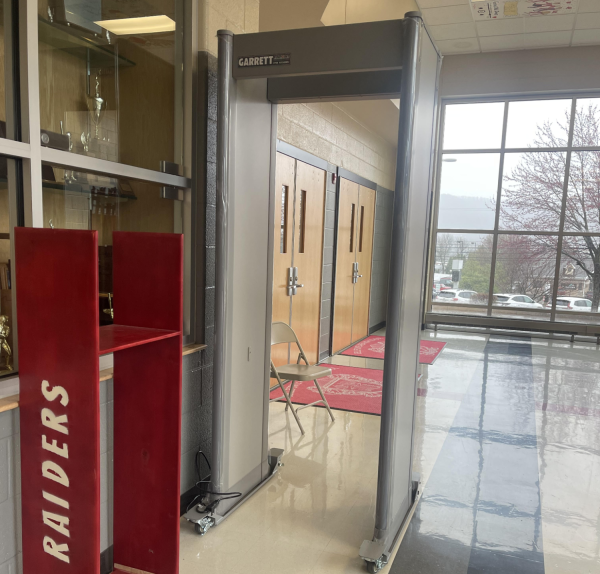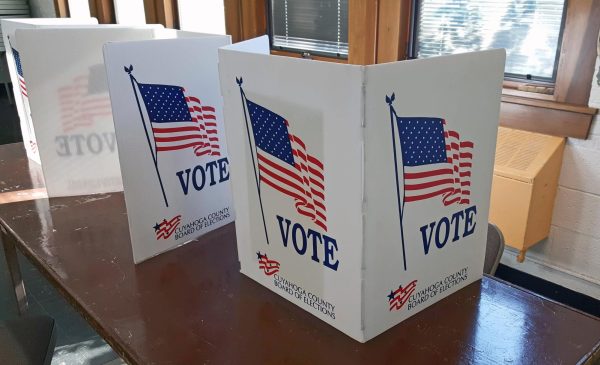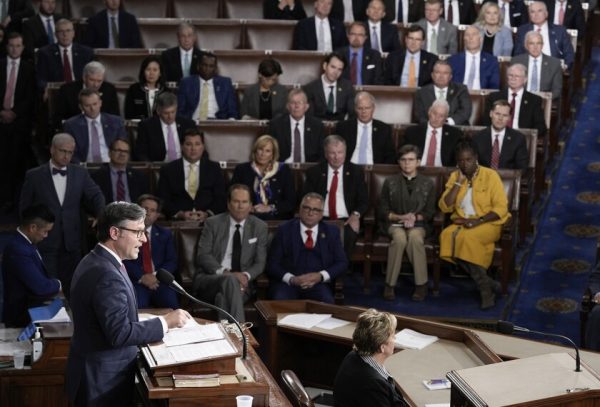Demonstrations erupt across college campuses in protest of sexual assault cases
November 1, 2021
Throughout the last month, protests and other demonstrations have been held at college campuses across the country in response to sexual misconduct and assault as well as inadequate handling of these issues and accusations of them by colleges.
Recent protests have been organized not only to draw attention to the issue of sexual assault in a general sense, but specifically in response to accusations directed at college campuses and crimes that have occured “in residence halls, at footbal games, at fraternity houses, and even in libraries,” according to University Business. Sexual assault and harassment also tend to be heightened during a period that is known as the “Red Zone,” “the six-week time frame at the start of the semester when most incidents occur,” the article elaborated.
The numerous protests, which began in mid-Sepetmber and have continued sporadically through the weeks since, have been planned and led by both unofficial groups of volunteers brought together by a common cause, as well as by specific chapters of organizations such as the University Survivors Movement, which is, according to CBS News. “an international coalition of student activists working to address the problem of sexual assault on college campuses.”
One of the most recent of these such demonstrations was held on Tuesday, October 19, at Eastern Michigan University (EMU). In this, “dozens of students marched from one fraternity house to the next, protesting what they said is the fraternities’ complicity in rape culture on and near campus,” stated Detroit News.
“‘This whole protest is to give the student body a voice and to show these fraternities that we will hold them accountable no matter what,’ said Lynn Green, 18, who organized the protest along with the Sexual Assault and Rape Awareness group at EMU,” reported Detroit News.
The protestors called for Delta Tau Delta, a national fraternity, to recognize and properly address previously ignored accusations of sexual assault that had been aimed at it, and for Alpha Sigma Phi, the specific fraternity, to be disbanded. This was also largely in response to the fraternity’s announcement on October 12 that it would dissociate from the university, which, when fulfilled, will mean the university can no longer control it.
Students, faculty, and even some community members attended the protest.
“‘The matters that students are concerned about are serious,’ said Walter Kraft, vice president of Communications at EMU. ‘Students speak out, protest and take action because they want action and change. Our administration advocates for students to voice their concerns on critical issues that impact them,’” Detroit News reported.
These protests are not only affecting colleges across the nation, but are also impacting Centre County in particular. On Friday, October 2, the organization Students Against Sexist Violence held a protest against sexual violence in which the group “presented a list of demands to the university, including supporting victims of sexual violence and banning fraternities,” according to witf. Over 50 people marched down Allen street in State College, ending at the Phi Gamma Delta fraternity house. The demonstration, titled the “Untimely Warning” protest, featured speakers from organizations including the Schreyer Gender Equity Coalition, witf stated.
PA State Governor Tom Wolf has been involved in the mission to combat the issue of sexual assault throughout his term. According to data collected by University Business, more than 75 institutions of the state have received upwards of $5 million since 2016 to fund “awareness and prevention strategies,” as well as reporting systems.
“In 2019, Wolf signed into law a bill that requires colleges to offer students anonymous online reporting of sexual assaults,” reported the article, “but the Association of American Universities notes that while students are aware of what constitutes sexual assault and how to report it, the majority still don’t feel comfortable coming forward, in part because they fear repercussions. In fact, 90% of all undergraduate women who are subjected to sexual assaults never report it,” the article continued.
The recent demonstrations prompted Wolf to contribute $1 million in grants to the initiate, which are available from the state’s It’s On Us campaign and to promote further efforts regarding the topic of sexual assault.
“‘Pennsylvania’s college and university campuses must be safe places for all students,’ Wolf said, according to University Business. “‘Sexual assault cannot be tolerated, and we all have a responsibility to promote healthy relationships.’”










